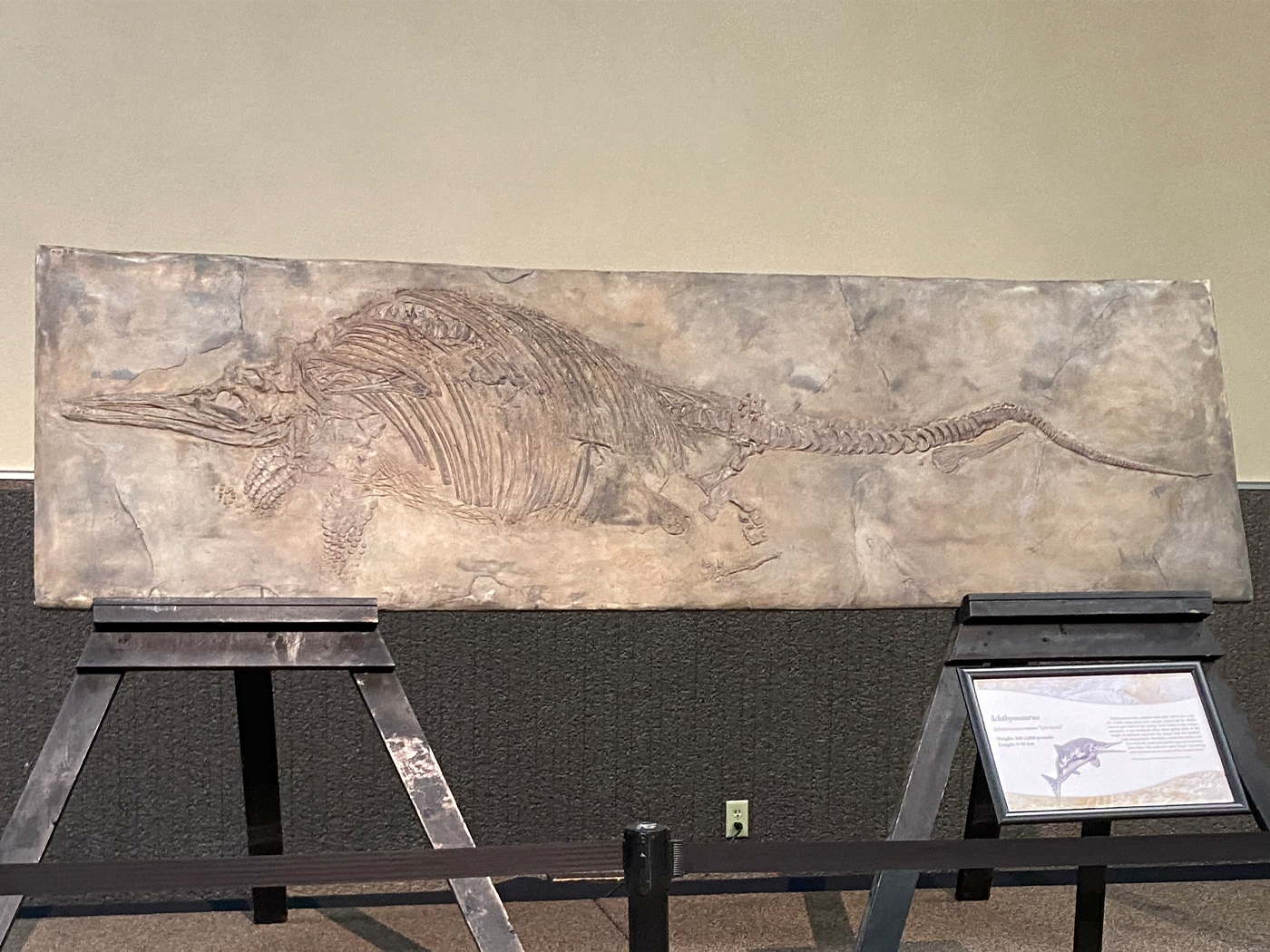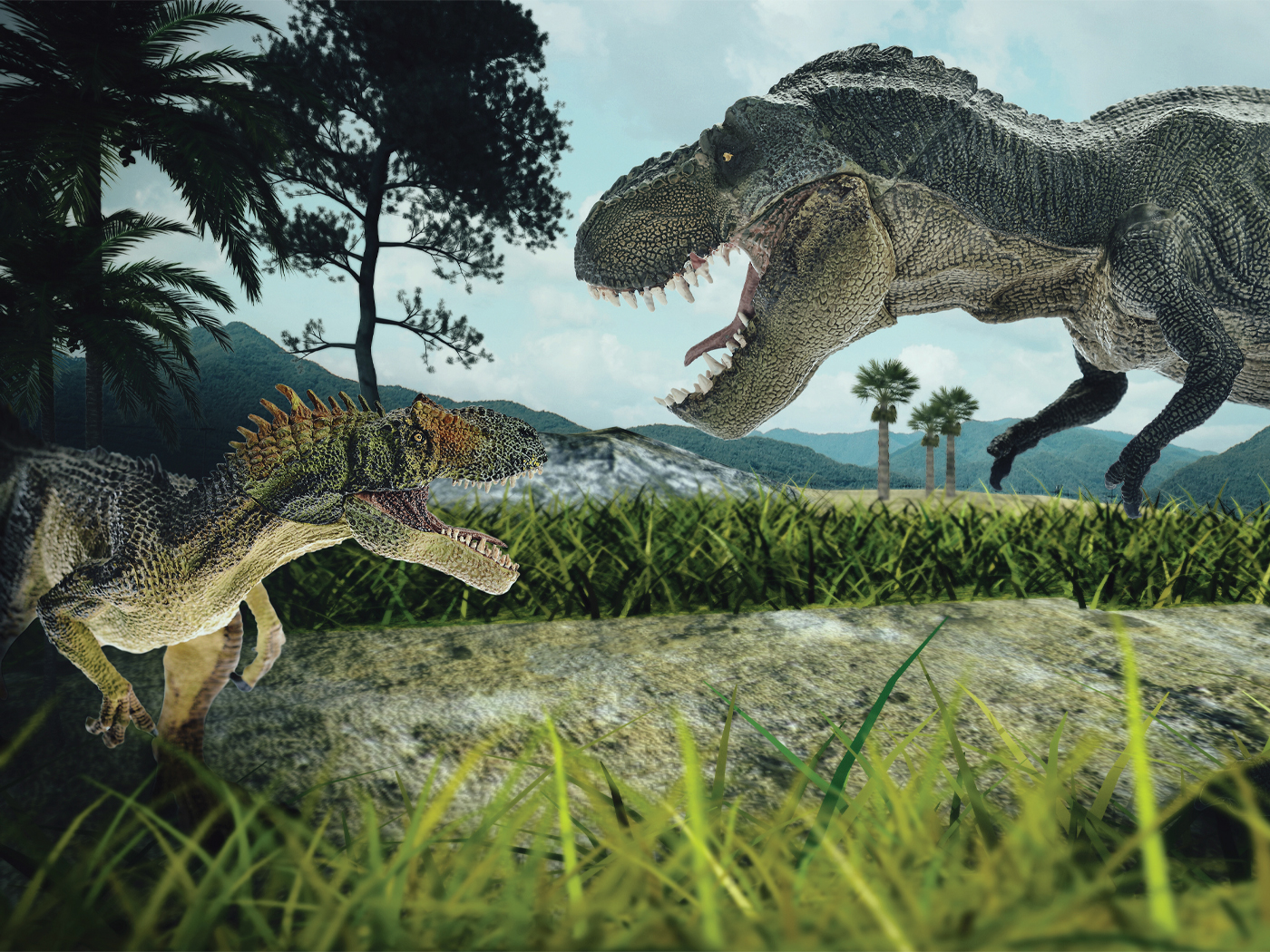
ABC News: Camels Are American Emigrants
Some scientists believe that camels originated in North America around 20 million years ago and migrated from there. Paleoecologist Guy Robinson, a professor at Fordham University, told ABC World News, "The original camel was North American. And it gave rise to all the camels you find throughout the world."1

World's First Artificial DNA Molecule (Well, Almost)
Biomimicry is the science of designing machines that follow patterns that can be observed within God's creation. One example of this is the helicopter, which Ukrainian-American aviation pioneer Igor Sikorski designed after a lengthy study of dragonflies. Another case is the cutting-edge, self-cleaning boat coatings modeled on shark skin.1

National Geographic's Flatfish Story Falls Flat
Evolutionists are praising research recently conducted on flatfish fossils, and one banner publication went a bold step further in claiming that the find contradicts intelligent design and creation arguments.

New Antibiotic Kills Drug-resistant Superbugs
Antibiotics are a bit like electronic products. Given time, they become obsolete. Scientists at the Rockefeller University have taken antibiotic technology to the next level by targeting bacterial genes. A new drug may have turned the tables on drug-resistant "superbugs."










